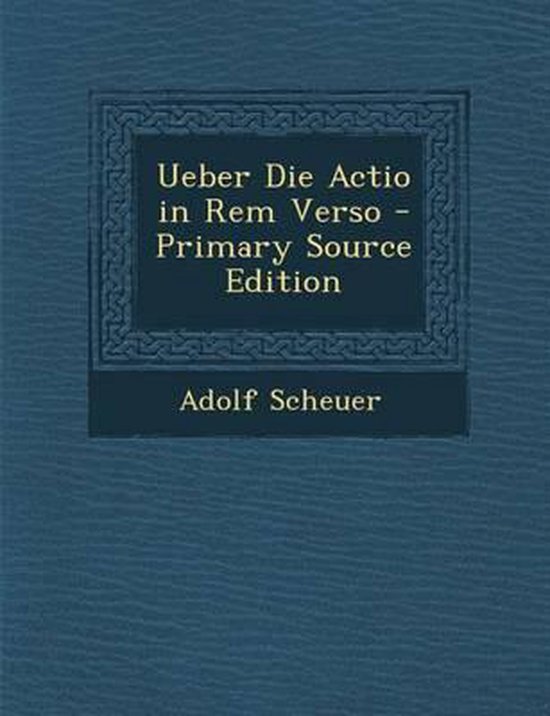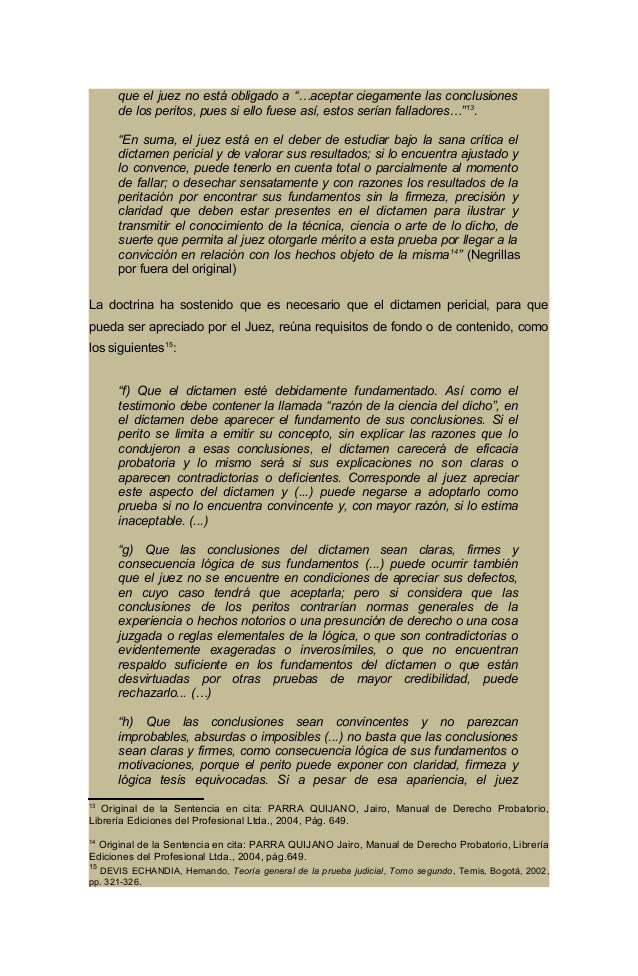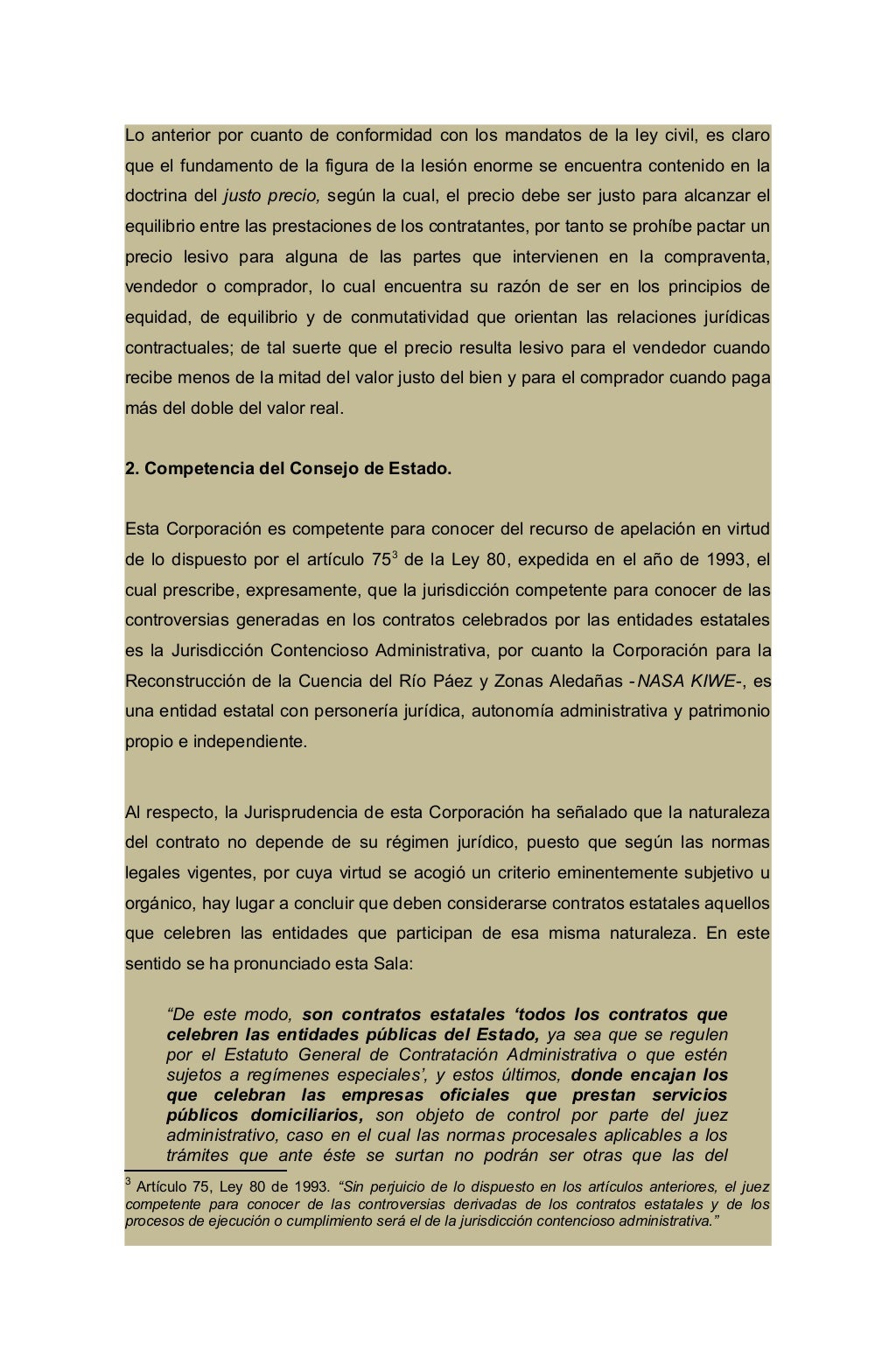
This article deals mainly with the question why the Romans did not know agency and how they successfully managed to cope without it. Professor, Department of Jurisprudence, University of South Africa

KW - Actio de in rem verso unjust enrichment in relations among the three persons requirements of unjust enrichment Boudier case judgement Bulldozer case judgement Management of another's affairs(Negotiorum Gestio) Right to demand reimbursement of expenses based on Negotiorum Gestio."He's one who minds the boss's business. To pursue this purpose, I analyzed Supreme Court decision, 2011DA17106 case.
ACTIO DE IN REM VERSO CODE
PB - The Korea Society for Legal Theory and Practice Inc.ĪB - The purpose of this study is to establish a reasonable viewpoint about ‘actio de in rem verso’ and a solution of conflict ‘actio de in rem verso’ with the Right to demand reimbursement of expenses based on ‘the management of another's affairs(negotiorum gestio)’ in Korean Civil Code Article 739. TI - A Study on ‘Actio De in Rem Verso’ and the Right to Demand Reimbursement of Expenses based on ‘Negotiorum Gestio’ in Korean Civil Code Article 739 - Centers on Supreme Court Decision 2011DA17106. Zum Bereicherungsausgleich im Dreipersonenverh?ltnis:mit Schwerpunkt auf die F?lle der actio de in rem verso The supplementary nature of unjust enrichment law ― Focused on current problems & suggested revisions ―Ī Comparative Study on the Management of Another's Affairs(Negotiorum Gestio)Ī Restudy on the ground for affirmation of "actio de in rem verso" 의무 없이 타인을 위하여 사무를 관리한 자가 그 사무관리에 의하여 사실상 이익을 얻은 제3자에 대하여 직접 부당이득반환을 청구할 수 있는지Įine Studie von der Rechtsprechung über den Bereicherungsausgleich in Drei-Personen-VerhältnissenĪ study on Subsidiarity of Unjust Enrichment-based on comparative legal approach.

But The Supreme Court decision should be reconsidered for acceptance of ‘actio de in rem verso’.

The Supreme Court ruled that 2011DA17106 case didn’t meet the requirements of unjust enrichment in the Supreme Court decision of 2011DA17106 case. Subsidiarity of unjust enrichment should be denyed. There is a problem concerning establishment of the relationship between ‘actio de in rem verso’ and right to demand reimbursement of expenses based on ‘negotiorum gestio’.Ĭonsidering the fact that ‘negotiorum gestio’ has a systematic importance as an independent institution different from unfair profits in terms of requirements and effects, aforesaid two institutions can be accepted in case satisfying requirements respectively. In this respect, whether ‘actio de in rem verso’ will be accepted or not must be judged by the general requirements of unjust enrichment. From each of these separate systems, ‘actio de in rem verso’ occupys the position of the nature of the return of unjust enrichment claims. There were cases in favor of ‘actio de in rem verso’ such as ‘Boudier case judgement,’ ‘Bulldozer case judgement’ in France and Japan.Īs a general principle of modern civil law, contract law and unjust enrichment law are systematically separated. The most scholars of our country and the position of the Supreme Court of Korea argue as follows: The ‘actio de in rem verso’ should not be accepted in that it disrupts fundamental principle of contract law. This is the problem about unjust enrichment in relations among the three persons.

The ‘actio de in rem verso’ is the right to claim the return of unjust enrichment to third party who received the benefit from the contractual relationship, except the parties to the contract. The purpose of this study is to establish a reasonable viewpoint about ‘actio de in rem verso’ and a solution of conflict ‘actio de in rem verso’ with the Right to demand reimbursement of expenses based on ‘the management of another's affairs(negotiorum gestio)’ in Korean Civil Code Article 739.


 0 kommentar(er)
0 kommentar(er)
